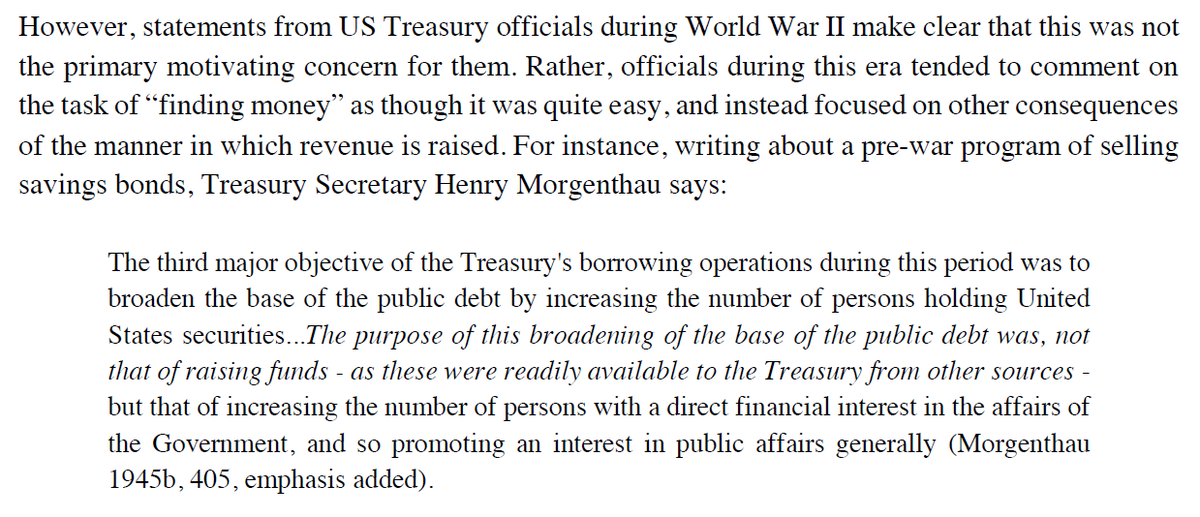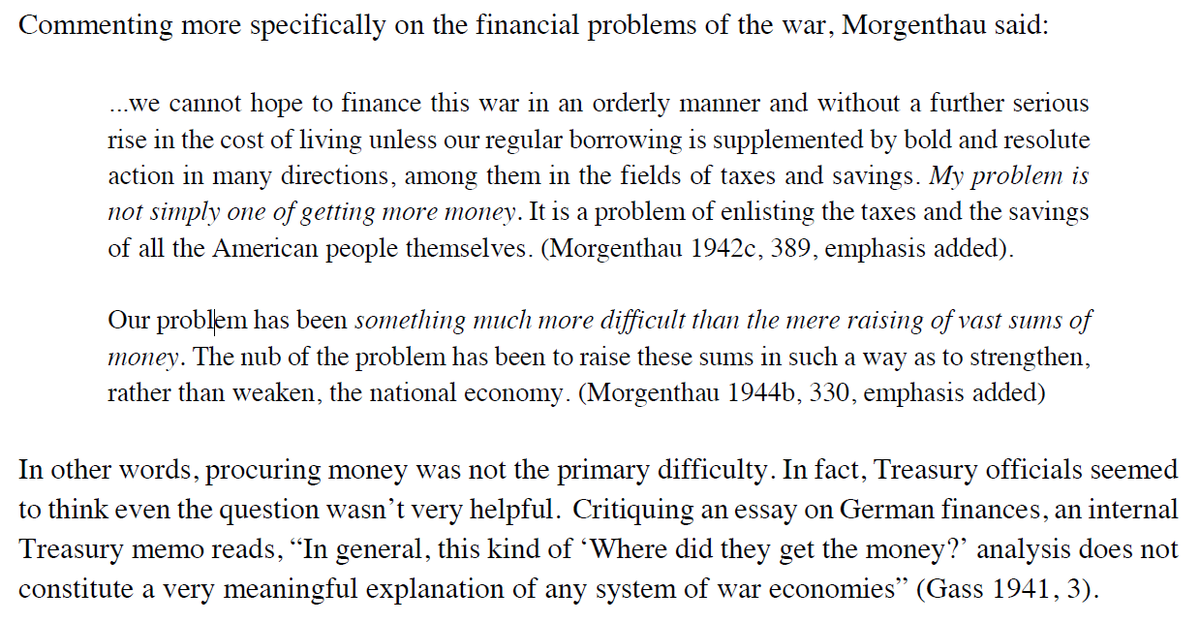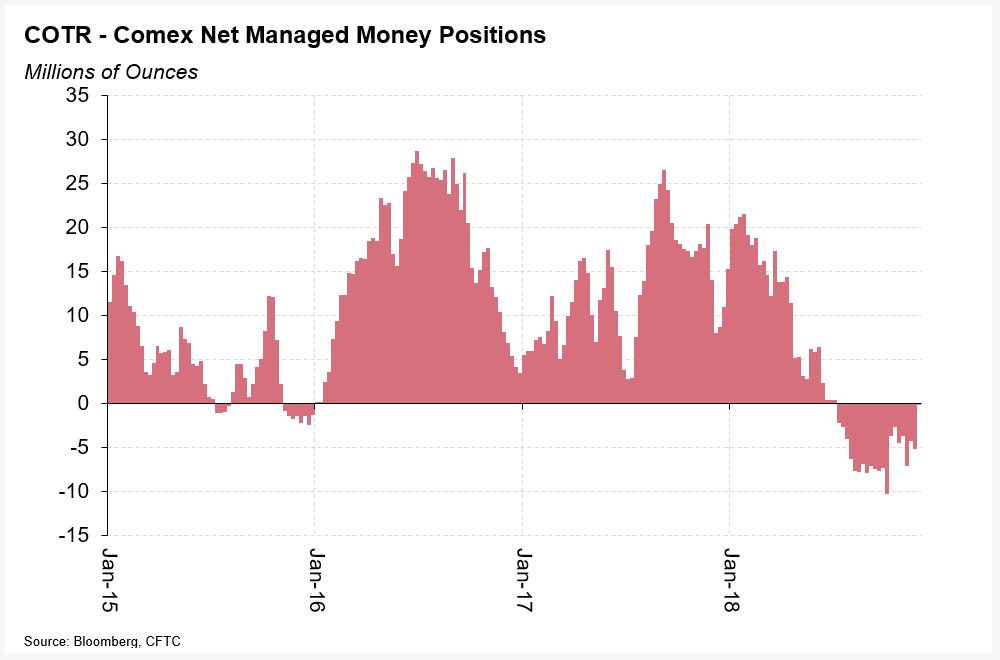Presenting:
Why Fiat Money is the Best System of Government We've Yet Devised - A Thread.
MMT highlights this as a fundamentally flawed point of view. Let's start in the usual way, with the problem we're trying to solve here. /2
This is the question that MMT asks, which other economists don't. /6
There is! A voucher system. It works like this: /10
2) the only thing that can extinguish these debts are state vouchers
3) these vouchers will only be given out when work is done for the gov /11
But there's an easy way to screw it up: tie it to gold! Why? Because making vouchers redeemable into gold limits how many vouchers the gov can keep outstanding. /13
That means that after the gov gives out enough vouchers to get its 20%, then it has to tax *more* of them back than it would otherwise. /14
But if the gov needs to tax those extra vouchers back because of the gold standard, then for the same size of gov, we need higher taxes than we otherwise would. That's bad. /16
Why would we want that? /Fine
Why would anybody want that?















